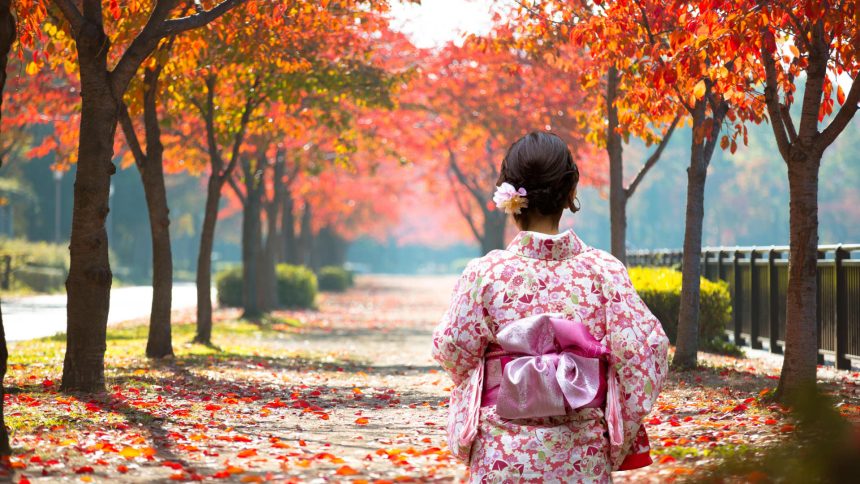Japan recently introduced a Digital Nomad Visa that allows foreigners from 49 countries to live in the country for six months.
But before they pack their bags, they may want to read Japan’s “Life and Work Guidebook,” which is aimed at helping foreigners fit in.
The guidebook, published by Japan’s Immigration Services Agency, provides advice on immigration, medical care and housing. But the chapter on “Daily Rules and Customs” is where foreigners will find specific guidance on “life rules” that illustrate Japan’s emphasis on collectivism and respect.
Here are some of the rules.
1. Making noise
According to the guidelines, “Japanese people tend to think that loud sounds and voices bother others.”
Not only party and music levels should be kept to a minimum, but also “voices” and “TV” levels, the guidebook states.
Foreigners are also advised to avoid making noise when using “a washing machine, or a vacuum cleaner, or taking a shower early in the morning or late at night.”
Listening to music through earphones may not even be enough on buses and trains.
“Be sure that your music is not too loud and cannot be overheard outside of the earphones,” the guidebook states.
2. Coughing manners
Section 2.2 of the rulebook deals solely with “coughing manners.”
There are even separate rules for “sudden” coughs and persistent coughs.
“If you suddenly cough or sneeze, do so in your elbow or inside your sleeves of jacket,” it states. “Do not use your hands.”
Others should wear a mask, it states.
Mask-wearing was a fixture in Japanese daily life even before the Covid-19 pandemic, according to the Ministry of Foreign Affairs, thanks to the country’s focus on personal hygiene and cleanliness.
“Japan is home to a culture of being considerate of other people,” the Ministry of Foreign Affairs said in an article about mask culture. “These defining characteristics of the Japanese people reinforced their awareness so as to avoid causing trouble to others around them, and this may have made it easier for masks to come into extensive use.”
Mask usage rose in prominence in Japan during the Spanish influenza, which began in 1918, and increased through the years, according to the ministry. Now, they’re considered “a stylish fashion item,” it added.
3. No phones on bikes
Many countries prohibit using mobile phones while driving cars. In Japan, this rule also applies to bikes.
Bicycles are a popular way for locals and tourists to get around the country, with many tourist destinations offering rental bicycles, according to Japan Guide.
4. How to act on public transport
Talking on the phone on buses and trains is frowned upon in Japan.
The guidebook highlighted that such a gesture is deemed highly impolite as it “bothers other people.”
Talking to seatmates can also offend in Japan —if it’s too loud.
“Speaking in a loud voice is considered to be manner violation,” the guidelines states, in reference to passengers on buses and trains.
Most Japanese passengers stand or sit in silence when riding public trains, according to Japan Rail Pass, a website for train travel in Japan.
Foreigners are expected to abide by such rules and are reminded to speak to the train driver only in “emergency situations,” it said.
Anyone who has ever been hit in the head by an errant backpack may appreciate the government’s final tip for public transport: “When a bus or train is crowded, take care so your backpack does not bother other people.”
Why Japan’s advice is so detailed
Japan is a ethnically homogeneous country with lower rates of immigration than other countries, said Henri Vlahović, the managing director of Meiji Academy, a Japanese language and culture school.
As such, it’s focused on retaining its culture by encouraging foreigners to conform, he said.
“Immigration is usually seen as something more sensitive,” said Vlahović. “The government is very concerned about reducing or omitting any type of trouble that could occur by foreigners not following certain rules.”
Vlahović explained that those rules govern how Japanese society functions, which is also expected from foreigners living and visiting Japan.
Read the full article here




